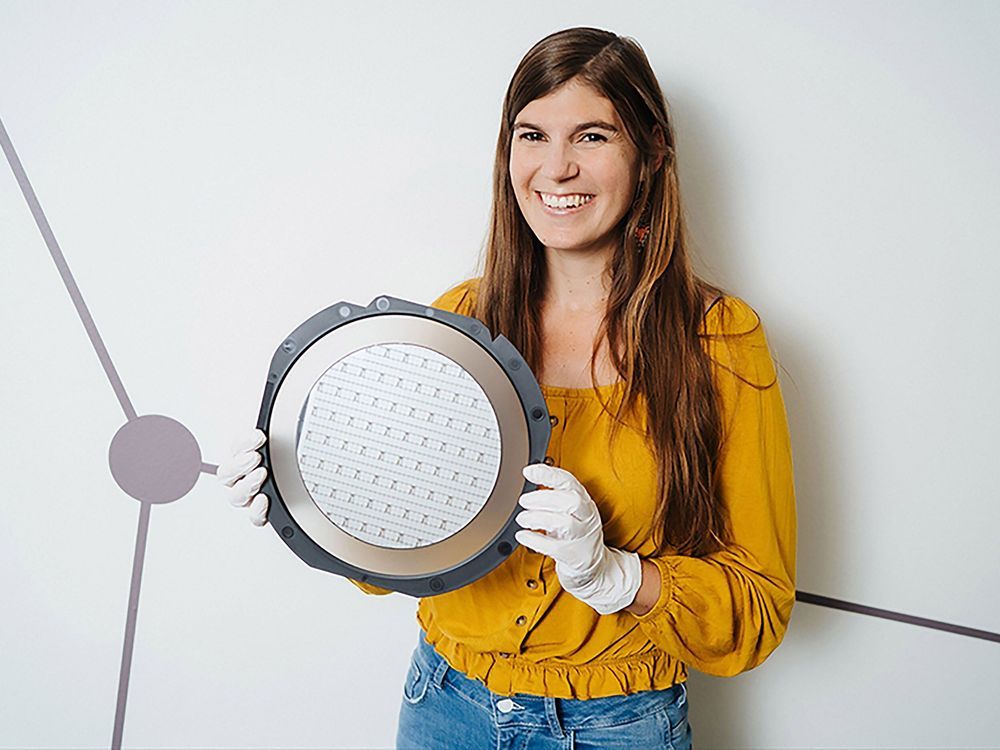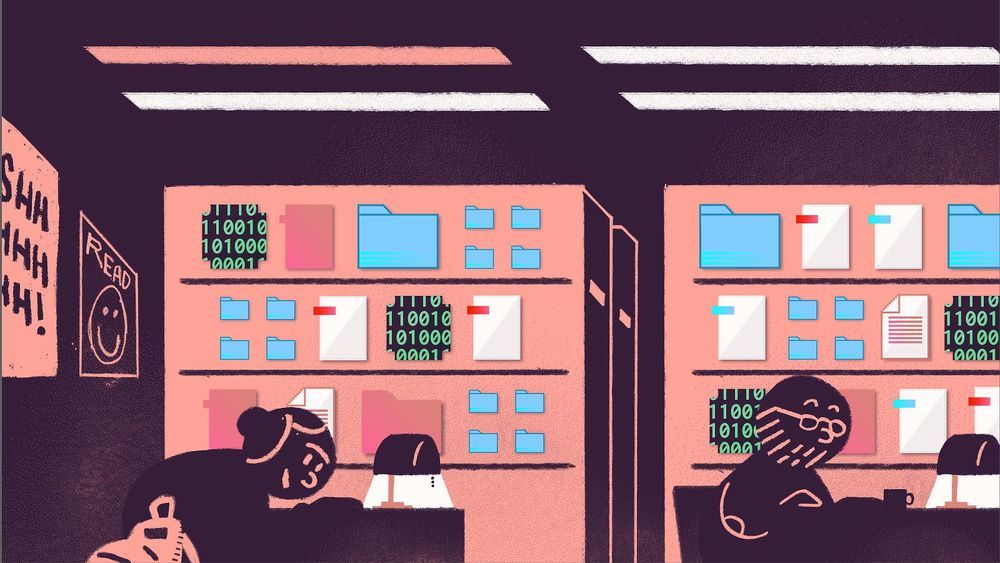Last year, Pentagon mad science arm DARPA was working on one of its wildest projects yet: a microchip-sized nuclear reactor. The program is now officially done, the agency says. But these sorts of far-out projects have a habit of being reemerging under new managers and new names.
The project, known as the “Chip-Scale High Energy Atomic Beams” program, is an effort aimed at working on the core technologies behind a tiny particle accelerator, capable of firing subatomic particles at incredible speeds. It’s part of a larger DARPA plan to reduce all sorts of devices to microchip-scale – including cryogenic coolers, video cameras and multi-purpose sensors. All of the projects are ambitious (this is DARPA, after all). But this had to be the most ambitious of the lot. Here’s how DARPA’s plans for fiscal year 2009 described it:
You’ve read your last complimentary article this month. To read the full article, SUBSCRIBE NOW. If you’re already a subscriber, please sign in and and verify your subscription.

 Last year, Pentagon mad science arm DARPA was working on one of its wildest projects yet: a microchip-sized nuclear reactor. The program is now officially done, the agency says. But these sorts of far-out projects have a habit of being reemerging under new managers and new names.
Last year, Pentagon mad science arm DARPA was working on one of its wildest projects yet: a microchip-sized nuclear reactor. The program is now officially done, the agency says. But these sorts of far-out projects have a habit of being reemerging under new managers and new names.





